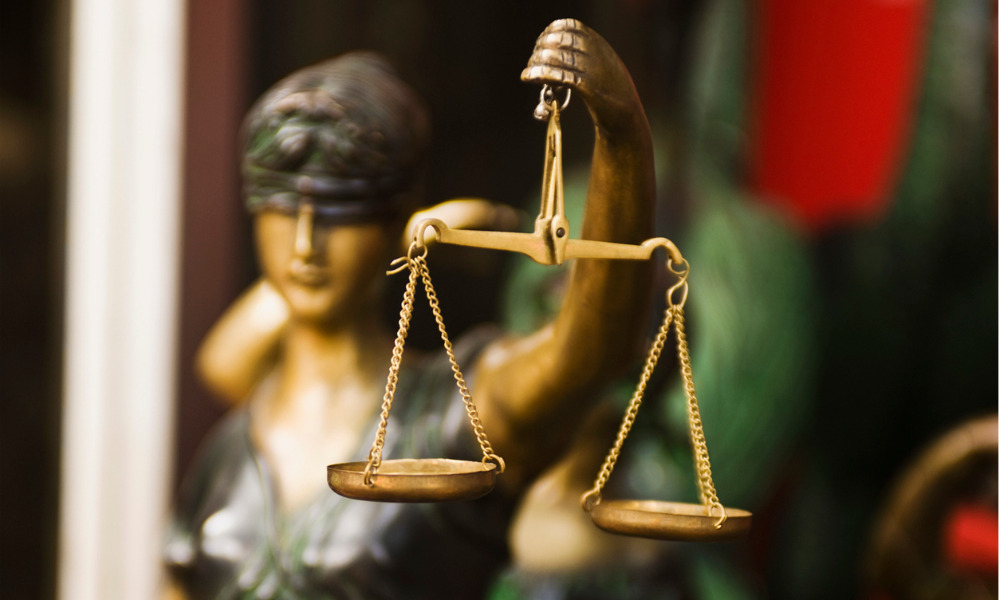
It's a three-way legal battle in some cases

If a contractor you’ve enlisted through a labour hire company files a personal grievance case, can you be held liable as a third party?
The Employment Court has the power to bring a third party into a personal grievance case and examine the company’s commitment to the complainant, “whether that be an employment or contractor relationship,” said Russell McVeagh partners Kylie Dunn and Sally Dickison.
The Court, under the Employment Relations Act, will also have to identify who is the correct “employer” under those circumstances. In this three-way legal battle, either the contractor or the labour hire company can apply to have the client named as party to a personal grievance.
Read more: Are you ready for these employment law changes?
A 2017 ruling by the Employment Court, for example, found that some workers who were classified as contractors on paper were, in fact, qualified employees of the organisation that benefited from the end use of labour. Because of this, the third party was considered liable for remedies.
“In a personal grievance situation, that could have included compensation and, potentially, reinstatement,” Dunn and Dickison said.
Dunn, who specialises in personal grievance cases among other areas of labour law, will be tackling the issue at the HRD Employment Law Masterclass – Auckland in May.
On the topic of third parties being implicated in such complaints, both lawyers pointed out how companies that hire contractors can be seen by the Court as a “controlling third party” – one that “exercises, or is entitled to exercise, control or direction over the employee that is similar to the control or direction an employer exercises”.
“This would encompass labour hire and secondment situations and employment relationships where employees perform services for multiple related companies,” Dunn and Dickison said.
Read more: Former owner personally liable over unfair dismissal
To be clear, a controlling third party is “not an employer,” they said. “Rather, a controlling third party could be included in litigation as party to a personal grievance, with potential liability for compensation. The employer (labour hire company) would still also be liable – liability would be split according to the Authority/Court’s assessment of the fault of each party. The employer (and not the controlling third party) would remain liable for all minimum entitlements.”
Learn more about how to investigate, document and manage personal grievances from Kylie Dunn at the HRD Employment Law Masterclass Auckland